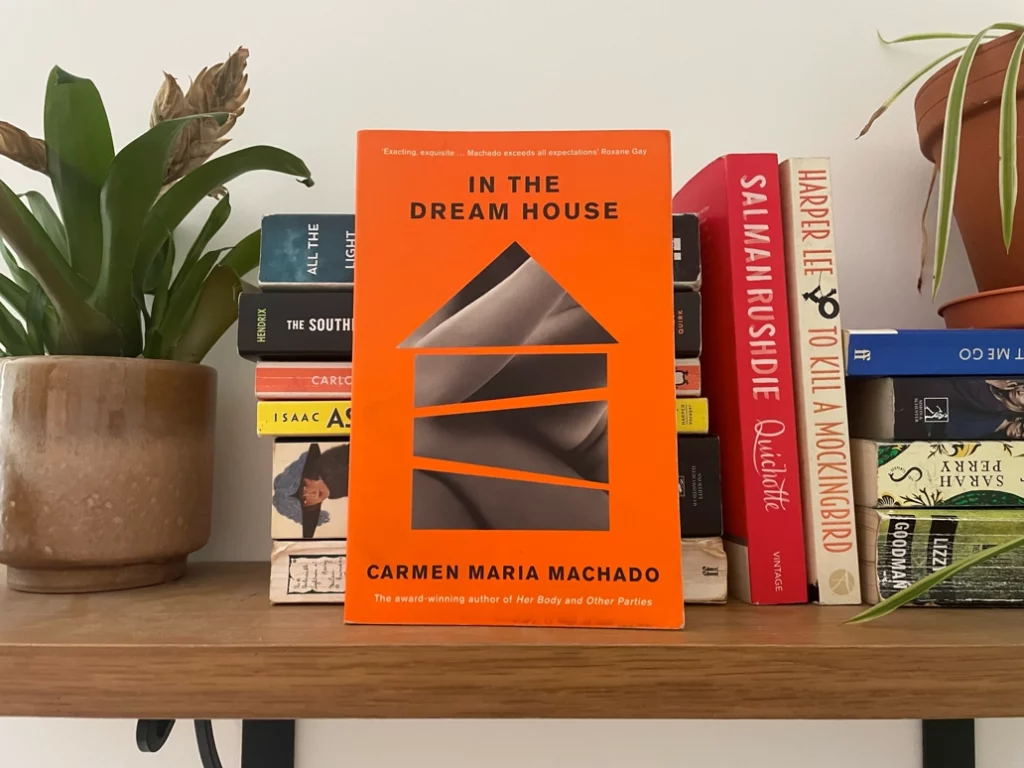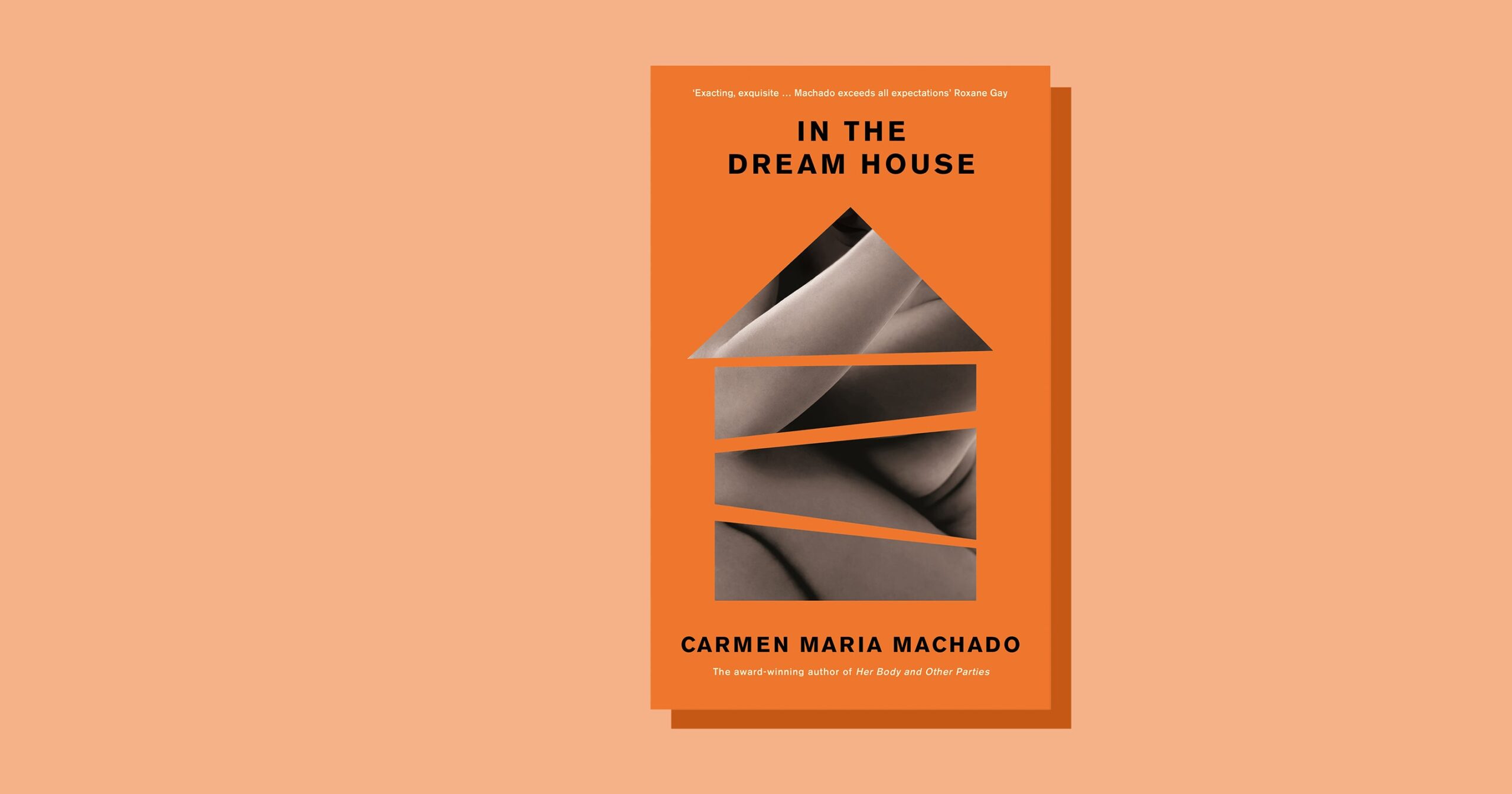In the Dream House by Carmen Maria Machado is a memoir that shatters the mold of traditional narrative structure, weaving together the complex threads of trauma, love, and the struggle for identity. Machado’s work is a labyrinthine exploration of an abusive same-sex relationship, a topic that has historically been veiled in silence. With her innovative use of genre-blending narrative techniques, Machado invites readers into the “Dream House”—not just a physical location, but a metaphorical space where the dynamics of love and terror coexist.

The book unfolds through a series of vivid vignettes, each chapter titled as a different “Dream House” scenario, such as Dream House as Lesbian Cult Classic or Dream House as Schrödinger’s Cat. This structure allows Machado to dissect her experiences with a precision that is both clinical and deeply emotional. It’s a daring literary device that challenges the reader to consider the fluidity of storytelling and the multifaceted nature of personal trauma.
Machado’s prose is lush and evocative, capable of transporting readers from moments of tender intimacy to the sharp edges of fear and manipulation with startling clarity. Her narrative is a tapestry of folklore, pop culture references, and critical theory, which she uses to frame her personal experiences within a broader cultural context. This approach not only enriches the text but also serves as a powerful commentary on the narratives we accept and those we question.
What sets In the Dream House apart is not just its subject matter, but Machado’s raw honesty and vulnerability. She does not shy away from the complexities of her emotions—the love that intertwined with abuse, the guilt, and the recovery. Her introspection and self-awareness are palpable, making the memoir not only a story of survival but also a profound examination of identity, memory, and the act of storytelling itself.
The book also addresses the silence and invisibility surrounding abuse in LGBTQ+ relationships, challenging societal norms and stereotypes. Machado’s exploration of this taboo subject is both courageous and necessary, offering a voice to those who have been marginalized within already marginalized communities.
One of the most striking aspects of In the Dream House is Machado’s ability to play with genre. She effortlessly moves between horror, fairy tale, and speculative fiction to describe her experiences, highlighting the surreal and often nightmarish quality of living through an abusive relationship. This genre fluidity not only demonstrates Machado’s literary prowess but also serves to underscore the universality of her themes.

The memoir’s innovative format, with its footnotes and asides, invites readers to engage with the text on multiple levels. Machado references a wide range of cultural and academic texts, pulling from queer theory, film, literature, and history, creating a rich intertextual dialogue that enhances the depth and breadth of her narrative.
In the Dream House is also a testament to the power of memory and the act of reclaiming one’s story. Machado examines the ways in which our memories can be both a refuge and a prison, and how storytelling can be an act of liberation. Through her meticulous unpacking of her past, Machado not only confronts her own demons but also illuminates the path for others to find their way out of their own “Dream Houses.”
The memoir does not provide easy answers or neat resolutions. Instead, it offers a complex, nuanced, and ultimately hopeful perspective on trauma, healing, and the capacity for change. Machado’s journey is a reminder of the resilience of the human spirit and the transformative power of telling one’s truth.
In the Dream House is a groundbreaking work that defies categorization. It is at once a memoir, a treatise on the nature of abusive relationships, and a literary exploration of the possibilities of non-linear narrative. Carmen Maria Machado has crafted a work that is as haunting as it is beautiful, a reminder of the power of stories to hurt and to heal, to imprison and to liberate. For audiophiles and music fans, the rhythmic quality of Machado’s prose and her ability to blend narrative forms in a way that resonates on a deeply emotional level will be particularly compelling. This book is not just to be read; it is to be experienced, pondered, and ultimately, remembered.









